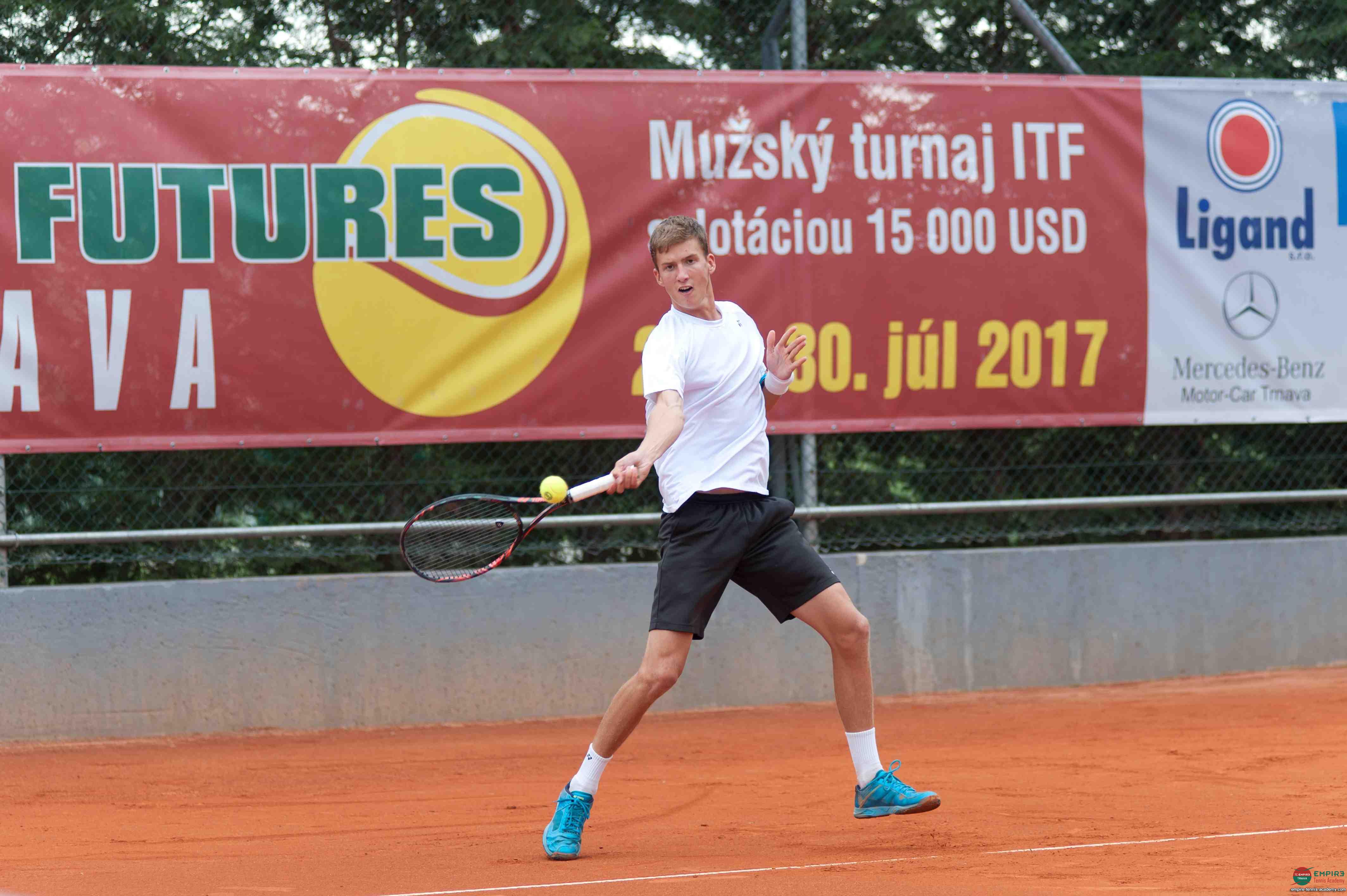A two-year investigation into corruption in the professional ranks of tennis by the Independent Review Panel has found that there is a “tsunami” of integrity issues in the sport, particularly at lower levels of the game.

The Independent Review Panel published their findings on Wednesday. The investigation had been ongoing since February 2016, following reports of suspected illegal betting on the Australian Open by the BBC and BuzzFeed.
Futures Tour is Most Vulnerable
While there have been a handful of match fixing accusations at the highest levels of tennis over the years, the investigation found that the real problems exist at lower professional ranks – particularly on the Futures Tour – where prize money is minimal and players can struggle to even make enough money to cover their travel costs.
“Only the top 250 to 350 players earn enough money to break even,” the report says. “Yet there are nominally 15,000 or so ‘professional’ players.”
That imbalance can provide players with incentive to engage in unethical behavior. The report points out that this isn’t necessarily limited to players losing matches they could otherwise have won, or even losing entire matches at all.
“Players may be particularly tempted in relation to matches that they intended to ‘tank’ for unrelated reasons,” reads the report, “or in matches that they believe they can win even while contriving to lose games, sets, or points along the way.”
Are Grand Slams on the Level?
The scale of the problem at lower levels can be seen in the reports received by the Tennis Integrity Unit (TIU). During the first quarter of 2018, there were 38 alerts to the TIU from betting companies about potentially suspicious activity. While one each came from the ATP and WTA Tours – the highest levels of men’s and women’s tennis, respectively – 23 came from the ITF Futures Tour, which is the lowest level of professional men’s tennis.
According to sports law expert Adam Lewis, who led the investigation, “fundamental reform is required” in order to make certain that the integrity of professional tennis is maintained, though he agreed that the highest levels of the game are relatively clean.
“Our conclusion, based on all of the evidence, is that match-fixing is unlikely at the level of the Grand Slams,” Lewis said at a news conference in London.
The report made several suggestions as to how the International Tennis Federation could fight back against match fixing and corruption. One of the more dramatic recommendations would end the sharing of official live scoring data with Sportradar, which then sells that data to betting companies. The panel noted that this allows for more betting on low-level tennis matches, which in turn increases the chances that these matches will be targets for match fixing.
The panel also recommended expanding the TIU to include tennis and gambling experts, while also reorganizing the body and ensuring it has independent oversight.
According to the panel, Wednesday’s release is an interim report, with a final version scheduled to be released later this year after a period in which stakeholders can respond to the preliminary findings. The investigation conducted more than 1,000 interviews, and is believed to have cost around $28 million to complete.









